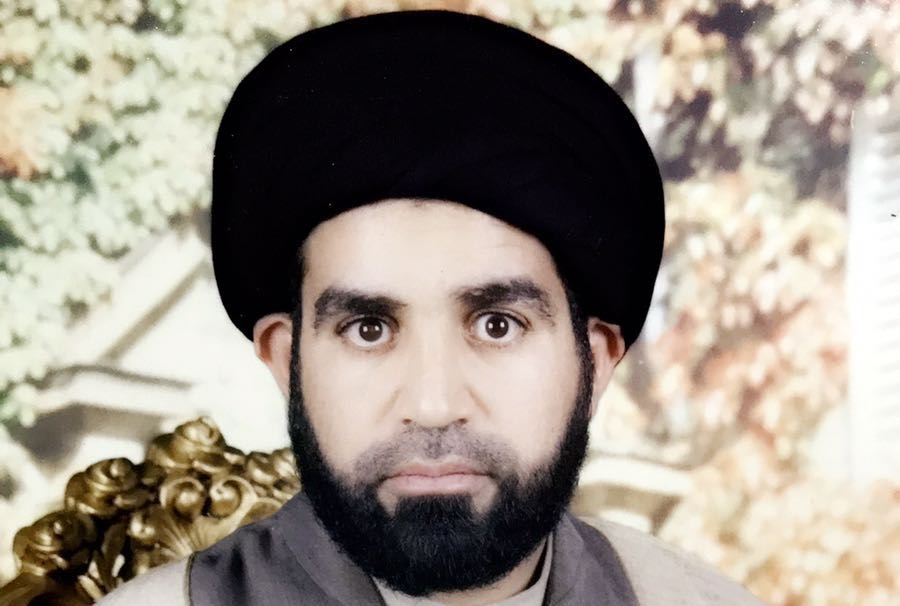Sadeq Sayed Ali Alawi was detained on 25 May 2013. Security forces dressed in civilian clothes broke into his house and detained him without presenting a warrant or comparable document. He was taken to the Criminal Investigations Directorate in Adliya, Manama, where he was interrogated and tortured. Interrogators beat him, applied electric shocks, poured ice cold water over his body, and removed his clothing. They also insulted Sadeq’s Shia faith. After a year in detention, he was sentenced to life imprisonment on 26 May 2014. The abuse continued after his sentencing. As recently as 3 July 2017, Sadeq was beaten severely and held in solitary confinement for nine days.
The physical abuse has led to multiple health problems. Sadeq suffered a hernia during the pretrial beatings. The injury requires surgery to repair, but the detaining authorities have refused to make arrangements and this important medical procedure remains unperformed. Sadeq also developed hemorrhoids while held in solitary in 2017, which make it painful for him to sit. Though prescribed a particular diet by a doctor at the military hospital where he was examined after his release from solitary, the Jau prison administration has disregarded the doctor’s orders and continues to give Sadeq the same poor-quality food served throughout the prison. Sadeq was also prescribed antibiotics, anti-inflammatories, and other medication, none of which has been provided at Jau. Sadeq’s family brings him painkillers, but are not able to provide more than this.
Multiple complaints about the denial of medical care have been lodged with the Ministry of Interior Ombudsman and the Special Investigation Unit of the public prosecutor’s office (which is charged with examining allegations of abuse in detention centers). These have brought no appreciable results, and Sadeq continues to suffer from the untreated injury sustained under torture (hernia) over three years after it was diagnosed.
The abuse Sadeq has endured rises to the level of torture and violates Bahrain’s duties under domestic and international law. The Kingdom of Bahrain is a state party to both the International Covenant on Civil and Political Rights and the Arab Charter on Human Rights. The Arab Charter, which is in some ways more progressive than the International Covenant, prohibits arbitrary detention and torture (see e.g. Articles 14.1 and 16.8), as does international human rights law generally. Bahrain is also a party to the International Covenant on Economic, Social, and Cultural Rights, which affirms the right of everyone to the best level of healthcare feasible under local circumstances (Article 12.1). Antithetical measures such as restriction of access to urgent medical care are flagrant violations of this standard. It is also universally understood that “The provision of health care for prisoners is a State responsibility,” which Bahrain continues to shirk in Sadeq’s case and many others like it. ADHRB calls upon the broader international community, and especially Bahrain’s chief military partners in the US and UK, to cease business as usual with a government that regularly practices torture and refuses to provide the basic level of acceptable medical care to those under its power in prisons and detention centers.





